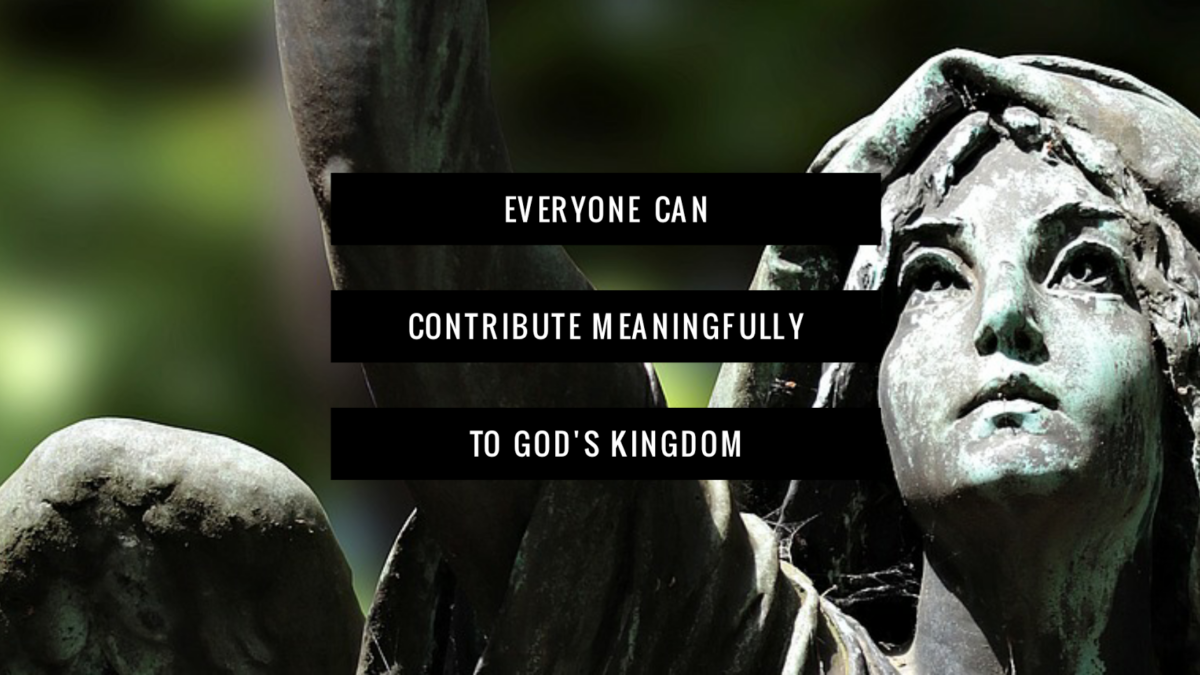John Dominic Crossan is a well-regarded liberal scholar, and in his assessment of the Lord’s Prayer, he asserts that we are better meant to understand “Our Father” as “Our Householder.” Not, as some may assume, to remove the sting of patriarchy, but because Fathers then had very different roles than fathers do now.
The term householder connotes three things: one who possesses an estate, one who has business to do, one who has a family of servants to employ.
Householders had responsibilities, and one of those involved knowing that companionship and inheritance were crucial to the welfare of the estate. Householders, then, placed a premium on children. Isn’t this what God has done with us, first making us as his companions in order to enjoy the Garden, and then tasking us with a two-fold reproductive mandate (fill the earth; make disciples)?
Likewise, a good householder fits his family and his servants for business. He ensures that everyone has something to do so they can earn a living and contribute meaningfully to the estate. No one gets a free lunch, but neither does it fall on everyone to figure it out on their own. This is one of the many merits of Jesus’ parable concerning the Vineyard Workers, who are each employed and compensated for by the householder. The householder is involved in grooming and finding the right employment for each person.
Adapted from Then. Now. Next.: A Biblical vision of the church, the kingdom, and the future.
fossores
Related posts
Categories
Category Cloud
Tag Cloud
Recent Posts
- Victors and Victims November 6, 2018
- 3 Hacks for Happiness October 29, 2018
- Hope Against Death September 20, 2018
- The Shape Of The Cross September 19, 2018


